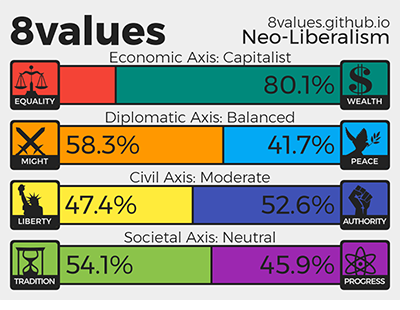
Name & Background
Two of my grandparents, and their young family, emigrated to Australia from the Netherlands in the late 1950's. However, the surname Piechnick is not Dutch.
The correct pronunciation handed down to me was PEEKH-nik. I always tried to use this genuine pronunciation, but no one else could pronounce it. The kh sound (as in Bachman or Scottish ach!) is not too difficult on its own, but the sequence peekh-nik is too much of a tongue-twister, as the ee and i sounds are similar, as are the kh and k sounds.
Kids at school, and other people, just made up their own versions of my name. As an adult, I decided to Anglicise my name. Not wanting to butcher my own surname, I simply changed the kh to a regular k sound – PEEK-nick. This didn't last long, as it was regularly pronounced picnic, as the same problem still existed. Eventually, I changed the pronunciation to PEECH-nick. The "ch" sound was not an authentic pronunciation, but at least it matched the spelling. Everyone can pronounce the regular English words "peach" and "nick".
But where did this name come from?
I have Prussian ancestry, through the Dutch side of the family. (Prussia was a country comprising parts of East Germany and Poland.) With its -nick ending, it fit the mould of a Polish surname well, though possibly Germanised from -nik to -nick at some point. I asked every speaker of Polish I could find, but they couldn't tell me exactly what the piech part meant.
I wrote about the Polish origins of my story here, but people have since contacted me. The name is not Polish, but is a meaningful name in languages ranging from Slovenian to Russian. The name is печник – from печь (pečʹ) + -ник (-nik). It means stove-maker. This ancestry must be very distant, but the name has survived.
With the correct Cyrillic transliteration, I could check the real pronunciation of this name online. The correct pronunciation is PEECH-nick, exactly the pronunciation I changed to. My Prussian and Dutch ancestors had altered the pronunciation, and I had inadvertently restored it to its original state. :)
Politics
I grew up in a household of Australian Democrats, so politics was always in the family. These days, I'm not a member of any party.
As I get older, I'm less partisan. The world is a complex place, and people who are wrong (whoever they are) still have very good reasons for believing what they believe. I read widely, and try to understand where people are coming from, and see their point of view. This means I get along well with people with radically different views than my own.
Ambigrams
An ambigram is a word or name written such that it reads the same when turned upside-down. Here's my own name (one of my first ambigrams). I have more, but they're people's names, so I only show them to people in person.

Daniel Piechnick